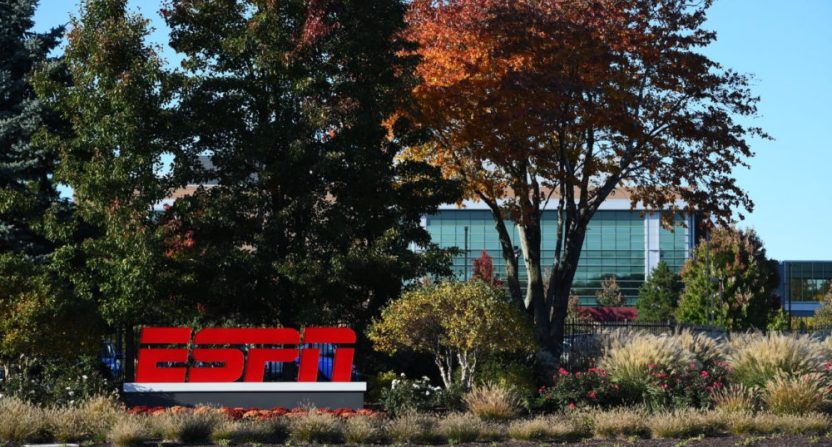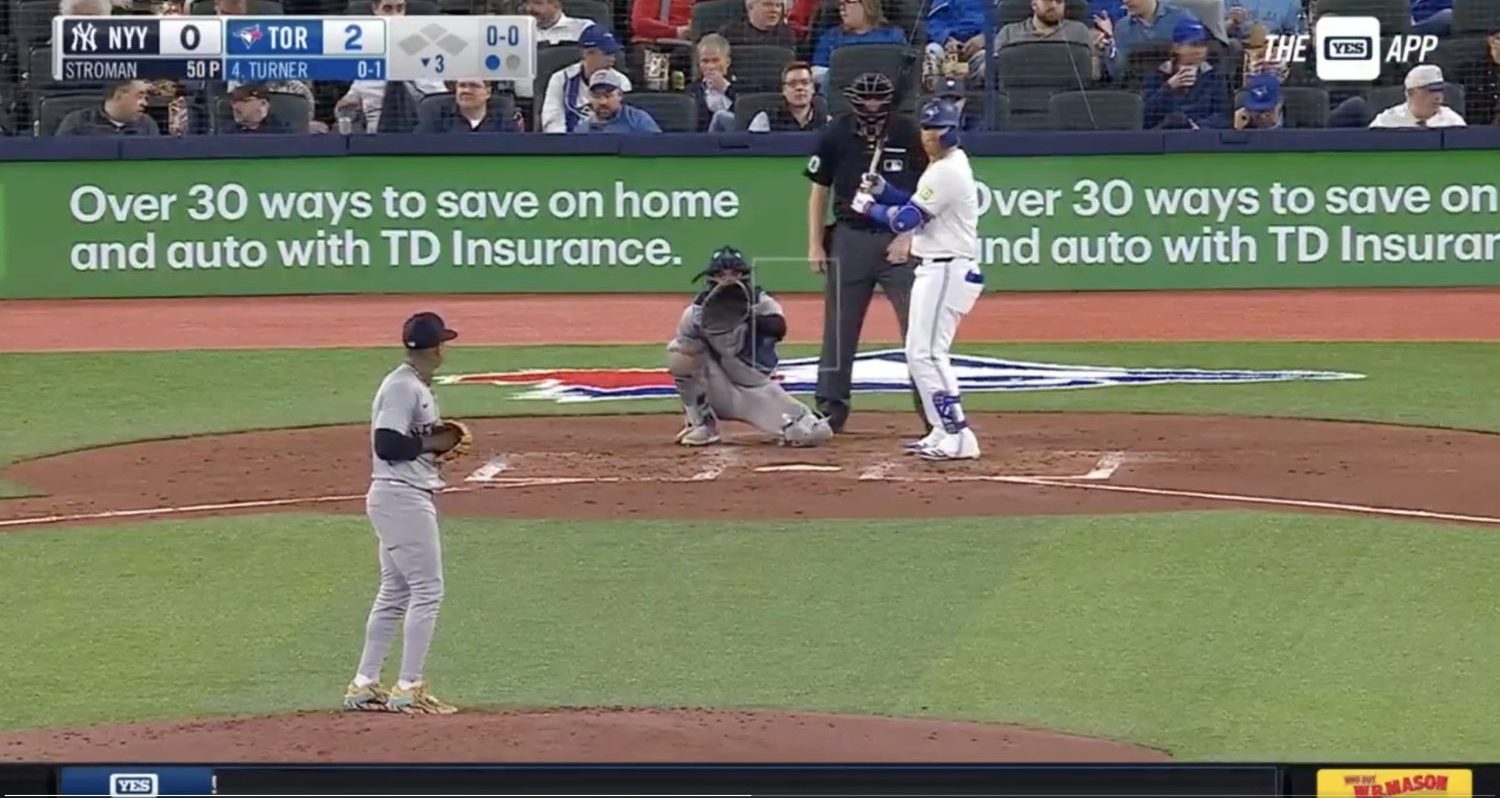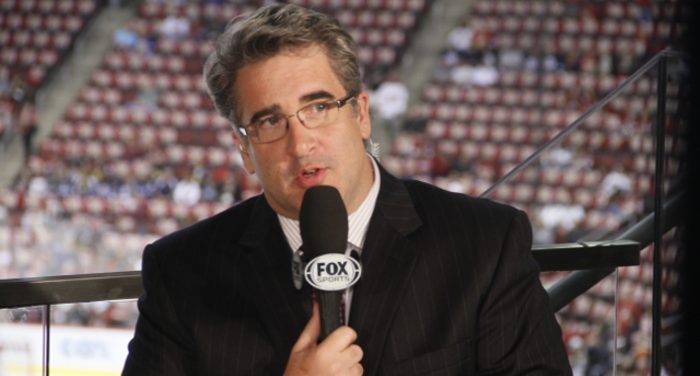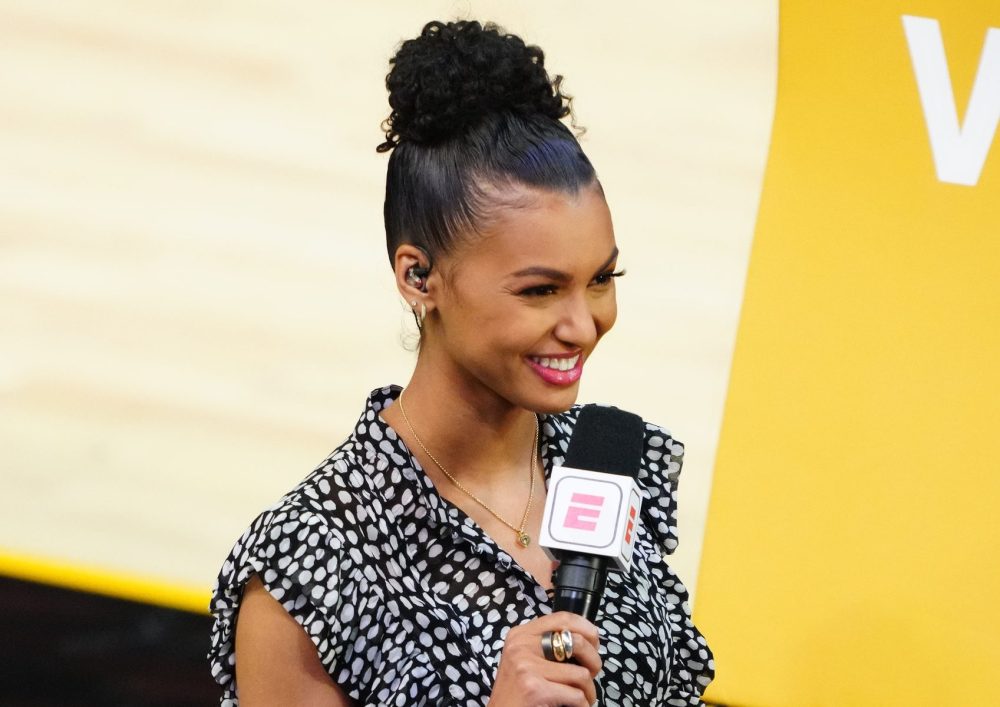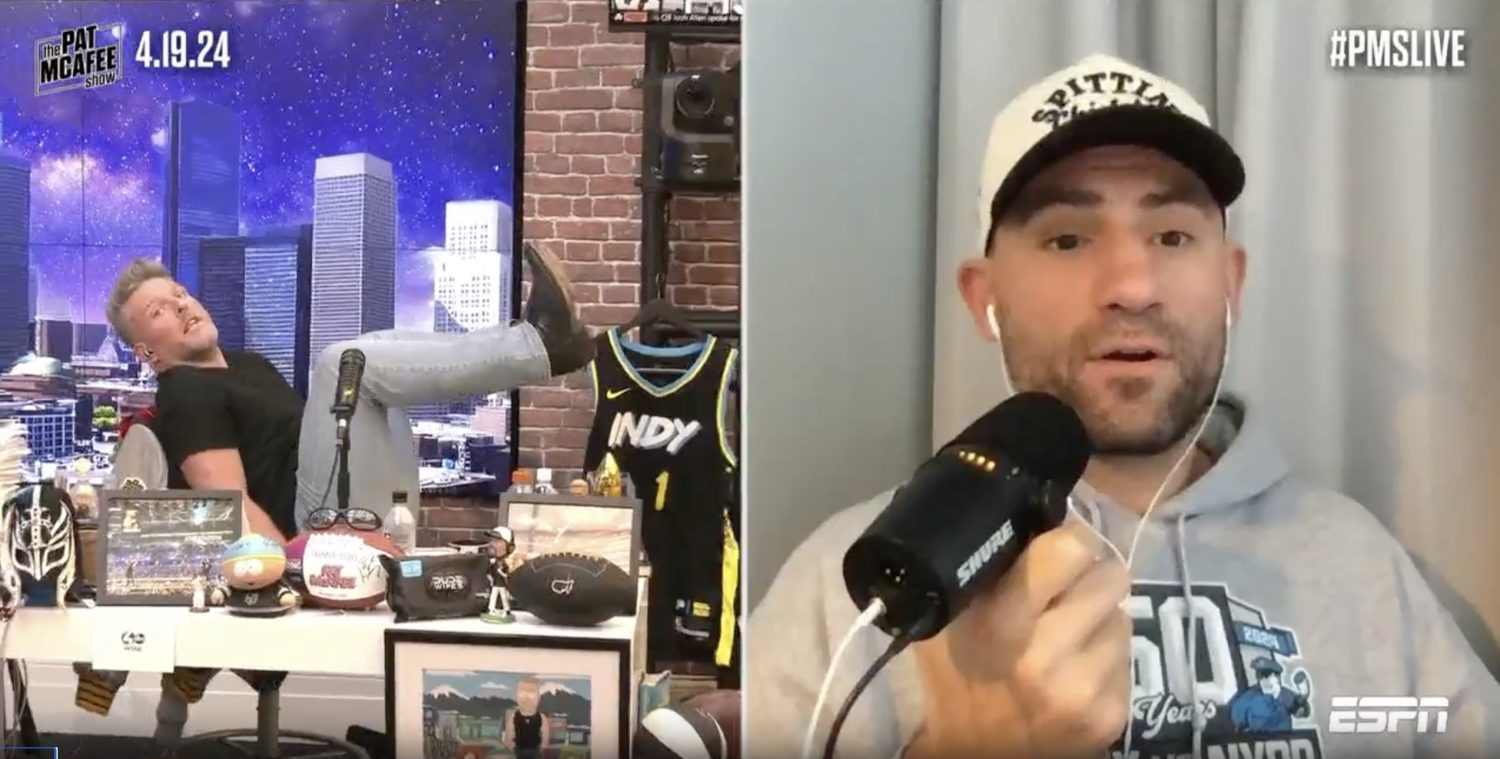Back in May, ESPN notified the people who work remote events for them (including games) that they had to be vaccinated against COVID-19 by August 1, with that decision coming ahead of a wider mandate at parent company Disney. Many other networks and media companies have also adopted vaccine mandates of some variety, with Fox even removing a test-out option for New York City employees this month. But the ESPN one drew particular comment, thanks to it being an early mandate and thanks to those who both complied but complained (including Sage Steele) and didn’t comply and left (including Allison Williams). Now, shortly after the NFL announced a booster shot requirement for media covering their playoffs, ESPN (and its league networks, including ACC Network, SEC Network, and Longhorn Network) and CBS are both implementing booster shot requirements for all their employees working remote events, as per John Ourand of Sports Business Journal:
ESPN has told its remote workers that they must receive a booster shot by Jan. 24 if they want to work games and remote events. ESPN has around 7,000 remote workers. In a statement emailed to SBJ, ESPN said, “We are implementing this to be consistent at all sports venues as a growing number of events are requiring boosters.” CBS Sports also has sent a similar message to its remote workers, saying that they need to receive a booster by Jan. 24, as well, sources said.
ESPN’s directive is for anyone hired by the network to work game telecasts — from announcers, producers and camera operators to the executives that attend games. That includes staff at the network’s various properties, including SEC Network, ACC Network, Longhorn Network and ESPN Events. It does not affect ESPN’s corporate employees that do not work games.
This may not draw as much discussion as the initial ESPN vaccine mandate, as everyone still at ESPN has already complied with that basic mandate, and there don’t seem to be huge amounts of already-vaccinated people refusing to get boosters. But this is still a notable move, and a logical one for ESPN and CBS for a couple of reasons. One, as noted in the ESPN statement, this provides consistency across venues; yes, not all venues may require boosters quite yet, but a number do, and that number is growing. (And Ourand notes that “leagues, like the NFL, NBA and college conferences, have told the network that ESPN’s remote workers need to be boosted to work at their venues,” so this is definitely something that leagues beyond just the NFL are moving towards.) This also removes a considerable administrative headache of having to make sure individual staffers meet individual venues’ requirements, and provides staffing flexibility if assignments have to be shifted (which is important in an era where many games are being canceled or postponed on short notice).
Beyond that, there’s some reason behind this expanded mandate in terms of employee health and continued staffing of events, especially with the continued rise of the Omicron variant of COVID-19. As per the Centers for Disease Control and Prevention, Omicron “likely will spread more easily than the original SARS-CoV-2 virus,” “breakthrough infections in people who are fully vaccinated are likely to occur,” and “The recent emergence of Omicron further emphasizes the importance of vaccination and boosters.” On their booster page, the CDC says this:
Data from clinical trials showed that a booster shot increased the immune response in trial participants who finished a Pfizer-BioNTech or Moderna primary series 6 months earlier or who received a J&J/Janssen single-dose vaccine 2 months earlier. With an increased immune response, people should have improved protection against getting infected with COVID-19. For Pfizer-BioNTech and J&J/Janssen, clinical trials also showed that a booster shot helped prevent severe disease.
There are two key pieces there: improved protection against getting infected and improved protection against severe disease if infected. Increased protection against infection also reduces the likelihood of getting infected and then spreading the disease to others, quite important in often-cramped broadcast production settings and also for those closely interacting with athletes. Leagues have enough postponement and cancelation problems already; they certainly don’t want media members causing more, which is why we’re seeing booster mandates like the one from the NFL.
And improved protection against severe disease also matters. Given the way Omicron is spreading through sports (and the risks associated with the travel needed to cover sports), it seems likely at least some media members are going to wind up with it even with booster shots. It’s positive for those people, for their companies, and for an already-strained healthcare system if they don’t wind up with severe disease as a result. So there’s definitely some logic for why ESPN and CBS are going to booster mandates. We’ll see if other networks follow.
[Sports Business Journal; ESPN campus image from Joe Faraoni/ESPN Images]

